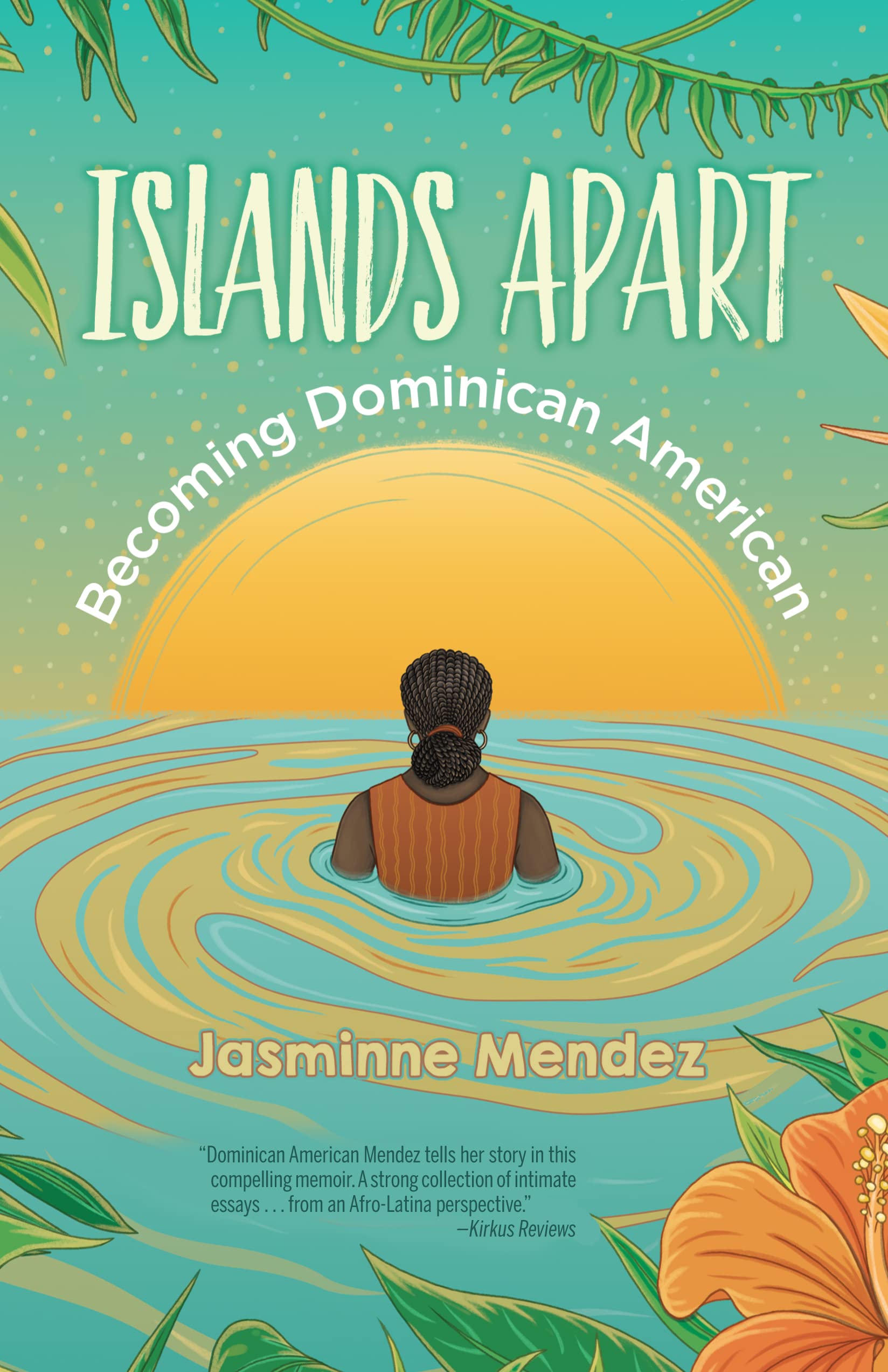2018 School Spending Survey Report
 Gr 6 Up-In this coming-of-age memoir for teens, Mendez shares her struggle to reconcile her different cultures in a world that isn’t built to understand or accept their intersection. Growing up as an Afro-Latina in Louisiana, Mendez never quite fit into any of the usual boxes. Where do you check off “Black girl who speaks Spanish”? Across 10 thoughtful essays, the memoirist presents a childhood of constant culture clash. Her conservative Dominican family frowned upon dating, heels, and shaving, keeping her worlds apart from her white peers. Even though the girl enjoyed speaking English more, at home, she had to speak Spanish. She even created a white imaginary friend, Linda, so that she could feel more accepted by the dominant culture. The introductory chapter reads as an extended metaphor, but most of the work is matter of fact. The usual coming-of-age topics are covered, such as puberty and crushes, in addition to her first exposure to death and grief. Still, each essay is filled with humor and candor. In the chapter about the imaginary friend, “She Was Linda,” Mendez talks about how all of her subsequent white girl friends failed to live up to Linda’s standards, because they often used her to cheat on tests or for rides, but never quite accepted her. “Respect Your Elders” focuses on the ongoing battle she has with the anti-Blackness of the Dominican community and how painful that struggle can be when it’s often your loved ones who have internalized that hate. The influences on narrative include Maya Angelou, to whom the final essay centers around, and even Esmeralda Santiago’s When I Was a Puerto Rican. Teens can read the essays piecemeal or the memoir as a whole. Each entry is a gem and offers insight into the struggles and triumphs of a bicultural identity.
Gr 6 Up-In this coming-of-age memoir for teens, Mendez shares her struggle to reconcile her different cultures in a world that isn’t built to understand or accept their intersection. Growing up as an Afro-Latina in Louisiana, Mendez never quite fit into any of the usual boxes. Where do you check off “Black girl who speaks Spanish”? Across 10 thoughtful essays, the memoirist presents a childhood of constant culture clash. Her conservative Dominican family frowned upon dating, heels, and shaving, keeping her worlds apart from her white peers. Even though the girl enjoyed speaking English more, at home, she had to speak Spanish. She even created a white imaginary friend, Linda, so that she could feel more accepted by the dominant culture. The introductory chapter reads as an extended metaphor, but most of the work is matter of fact. The usual coming-of-age topics are covered, such as puberty and crushes, in addition to her first exposure to death and grief. Still, each essay is filled with humor and candor. In the chapter about the imaginary friend, “She Was Linda,” Mendez talks about how all of her subsequent white girl friends failed to live up to Linda’s standards, because they often used her to cheat on tests or for rides, but never quite accepted her. “Respect Your Elders” focuses on the ongoing battle she has with the anti-Blackness of the Dominican community and how painful that struggle can be when it’s often your loved ones who have internalized that hate. The influences on narrative include Maya Angelou, to whom the final essay centers around, and even Esmeralda Santiago’s When I Was a Puerto Rican. Teens can read the essays piecemeal or the memoir as a whole. Each entry is a gem and offers insight into the struggles and triumphs of a bicultural identity.
VERDICT Pair this with Elizabeth Acevedo’s The Poet X or Sonia Manzano’s Becoming Maria. An excellent choice for memoir collections.
RELATED
ALREADY A SUBSCRIBER? LOG IN
We are currently offering this content for free. Sign up now to activate your personal profile, where you can save articles for future viewing





Be the first reader to comment.
Comment Policy:
Comment should not be empty !!!